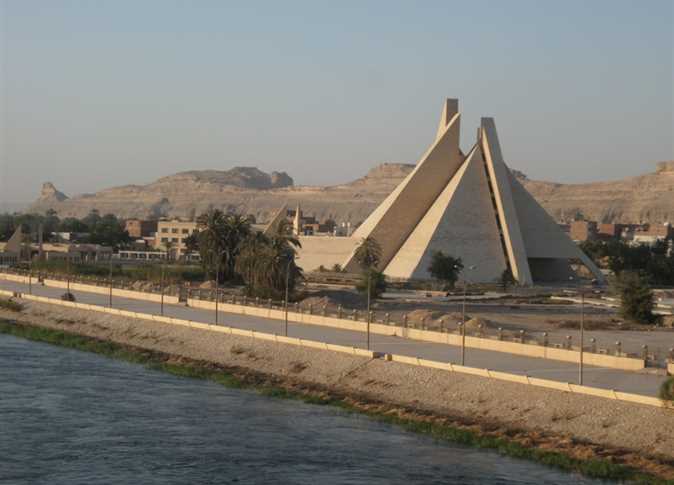While thousands have started an online campaign urging Mohamed ElBaradei to reverse his decision to withdraw from the presidential race, others see his withdrawal as a potential driving force for the revolution.
In the video statement announcing his decision, ElBaradei criticized the path that the ruling military council has chosen, which involves holding elections before having a constitution to specify the obligations and powers of elected officials. He also criticized the military council for cracking down on protesters, killing and seriously injuring many in the past few months.
ElBaradei urged his supporters not to lose hope and said he will continue his political involvement outside the official framework.
Following the announcement of his decision, ElBaradei met with youth leaders to start planning an institutionalized political project to reunite young people.
“He sat with us today specifically to tell us that his withdrawal is not the end of the road, and that the more important role in the next period will be to replace his person with a national project,” says Shady al-Ghazaly Harb, founder of the Awareness Party, who attended the meeting.
Harb says that the framework of the project is to be determined in future meetings, adding that it could be a political party.
ElBaradei’s founding of the National Association for Change on his return to Egypt in 2009 is considered one of the first successful attempts to organize the country's youth in the lead up to the 25 January revolution. Many saw his leadership as revitalizing young people's interest in politics.
Aware of his success before the revolution, activists are thrilled to have ElBaradei back mobilizing for change outside of the government.
His statement said that as well as focusing his efforts on uniting the youth, he will concentrate on realizing the basic demands of the revolution: bread, freedom and human dignity.
He said these can be achieved when a strong political system and a strong civil society are in place, and when all citizens have their basic needs.
“Dr. ElBaradei will now join the revolutionaries in order to continue the path of the revolution and change the things that made him withdraw, and this is very much needed,” says Karima al-Hefnawy, a leading member of Kefaya, or the Egyptian Movement for Change.
Many agree with ElBaradei that he will be a more effective “tool for change”, as he refers to his role, by working outside the official framework.
Abdelrahman Samir, a member of the ElBaradei campaign and of the 25 January Revolution Youth Coalition, agrees that current political conditions would not have allowed ElBaradei to produce change from within the system.
Samir says that the ruling military council was steering the way toward having a president with incomplete powers. He also blames the government for not having a real will for change.
“This was becoming a big play, and ElBaradei will not take part in that play,” says Samir.
Hala Mustafa, editor of Al-Ahram Quarterly Democracy Review, says ElBaradei’s withdrawal will be an eye opener for the public, making them realize that the military council and Islamic forces have been coordinating.
Mustafa says that with ElBaradei out of the picture, all the remaining major candidates are either Islamists or remnants of the old regime, and this will show the people that the elections are not truly competitive.
With plans for 25 January to be a revival of the revolution on its first anniversary, many expect ElBaradei’s withdrawal and his message of discontent with the management of the country will prompt more people to join the protests.
“His withdrawal from the race is a warning sign for everyone that the revolution is not on the right track and that there is need for reform. It’s a new start that will unite people,” says Ahmed Shokry, co-founder of the Adl Party.
On social media, activists suggested that ElBaradei’s withdrawal is an answer to their calls to unify the pro-revolution candidates to avoid fragmenting the vote. Many are optimistic that other candidates who support the revolution, mainly Abdel Moneim Abouel Fotouh and Hamdeen Sabbahi, now have a better chance.
Mustafa, however, says ElBaradei’s votes will not necessarily go to these candidates. She says the situation is too fluid to determine which candidate will benefit from his withdrawal.
Critics such as columnist Belal Fadl, however, say that ElBaradei's move should not be mistaken for a revolutionary act, arguing that he only pulled out because he had little chance of winning the presidential race — which makes his decision a pragmatic one.
Meanwhile, as he gave up on producing change from a position within the government, ElBaradei was confident that his return to the ranks of the national movement for change, which has always been his forte, will be successful.
“This is how we succeeded before the revolution and this is how we will succeed after the revolution,” said ElBaradei in his statement.




